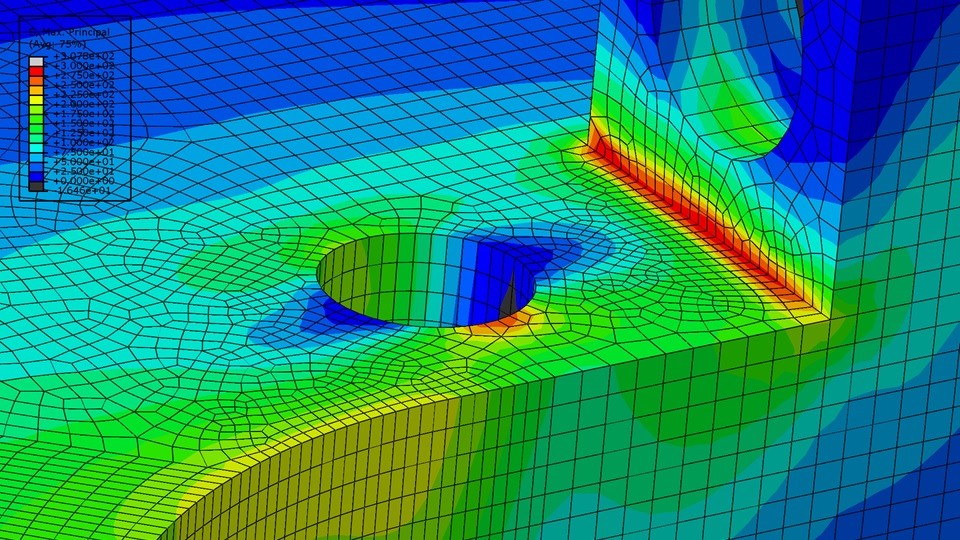Coffee and Tea Elemental Trace Analysis
Eurolab specializes in elemental trace analysis of coffee and tea samples to identify and quantify trace elements such as arsenic (As), lead (Pb), cadmium (Cd), mercury (Hg), fluoride, and others. This service is crucial for ensuring the safety and quality of these beverages by detecting potentially harmful substances that can be present at trace levels.
The demand for elemental trace analysis in coffee and tea has increased significantly due to growing consumer awareness about health risks associated with trace elements. Trace elements such as arsenic, lead, and cadmium have been found to accumulate in agricultural products like coffee beans and tea leaves, which can then be transferred into the final product consumed by end-users. Ensuring that these beverages meet regulatory standards is essential for maintaining brand reputation and consumer trust.
At Eurolab, our team of experts uses advanced instrumentation including Inductively Coupled Plasma Mass Spectrometry (ICP-MS) and Flame Atomic Absorption Spectroscopy (FAAS). These techniques offer high precision and accuracy, allowing us to detect trace elements down to parts per billion levels. Our state-of-the-art laboratory facilities are equipped with the latest equipment from leading manufacturers like Thermo Fisher Scientific, PerkinElmer, and Agilent Technologies.
The testing process involves several steps starting with sample preparation where raw materials or finished products undergo thorough cleaning processes followed by digestion using strong acids to break down complex molecules into simpler compounds. After digestion, the samples are filtered and diluted before being introduced into the analytical instruments for analysis.
Our methodology adheres strictly to international standards such as ISO 17025 which ensures that our laboratory practices meet rigorous quality assurance requirements. By following these guidelines, we guarantee reliable results that comply with relevant regulations set forth by governing bodies worldwide including FDA (Food and Drug Administration), USDA (United States Department of Agriculture), Codex Alimentarius Commission, etc.
For accurate interpretation of findings from elemental trace analysis tests conducted on coffee and tea samples, it is important to understand the reference levels established for each element. These values serve as benchmarks against which actual measurements are compared during testing processes. For instance, EU regulations specify maximum allowable concentrations of certain elements like arsenic (0.5 μg/L), lead (10 μg/L) in drinking water; however, when applied directly to coffee or tea infusions these limits may vary slightly depending on preparation methods and consumption scenarios.
Our comprehensive reports not only provide quantitative data but also interpret the results within broader context of health implications for consumers. This information helps stakeholders make informed decisions regarding sourcing raw materials, optimizing production processes, and implementing quality control measures aimed at minimizing risks associated with trace element contamination in coffee and tea products.
Eurolab Advantages
At Eurolab, our commitment to excellence sets us apart from competitors in providing reliable elemental trace analysis services for coffee and tea. Our team consists of highly skilled chemists with extensive experience in this field.
- State-of-the-art facilities equipped with cutting-edge technology
- Compliance with strict quality assurance protocols based on ISO 17025
- Access to multiple reference materials for calibration and validation purposes
- Dedicated customer service team available round the clock for support
By leveraging these advantages, we ensure that our clients receive accurate results promptly. Additionally, Eurolab offers flexible pricing options designed to accommodate diverse budgets across industries.
Competitive Advantage and Market Impact
In today's competitive market, maintaining compliance with regulatory standards is more critical than ever before. By offering reliable elemental trace analysis services for coffee and tea, Eurolab helps companies stay ahead of competitors who may not prioritize this aspect.
Our expertise allows us to provide insights beyond mere detection; we analyze data comprehensively to help clients understand potential health risks associated with their products. This deep understanding enables them to make strategic decisions that enhance product safety while simultaneously protecting brand image and reputation.
Use Cases and Application Examples
In this section, we present some real-world scenarios where elemental trace analysis in coffee and tea has proven beneficial:
| Scenario | Outcome |
|---|---|
| A European manufacturer found unexpectedly high levels of arsenic in its green coffee beans sourced from a particular region. Upon further investigation, they discovered that poor irrigation practices had led to contamination via water used during cultivation. | After addressing the issue through improved farming techniques and selecting alternative suppliers, the company successfully reduced arsenic content below acceptable limits without compromising product quality or taste. |
| A US-based tea retailer wanted assurance that its black tea products met stringent health safety criteria before launch. Through our testing services, they identified trace amounts of lead in some batches sourced from certain suppliers and took immediate corrective action by switching suppliers. | The switch resulted not only in compliance but also enhanced consumer confidence leading to increased sales volumes for the brand. |
| Element | Recommended Limit (ppb) |
|---|---|
| Lead | 10 ppb |
| Cadmium | 0.5 ppb |
| Mercury | 0.2 ppb |
In conclusion, Eurolab's elemental trace analysis services play a vital role in ensuring the safety and quality of coffee and tea products across global markets.





